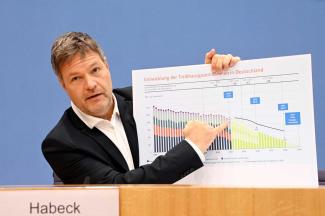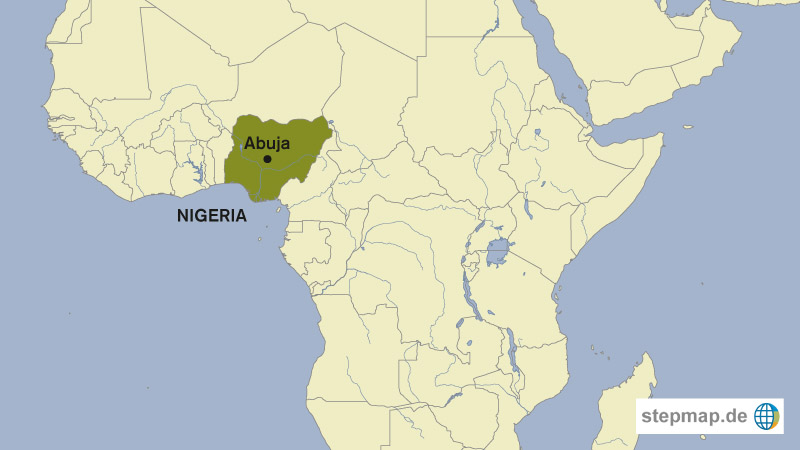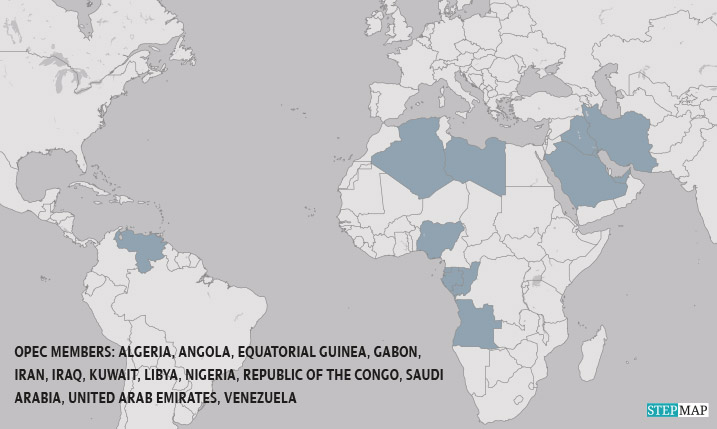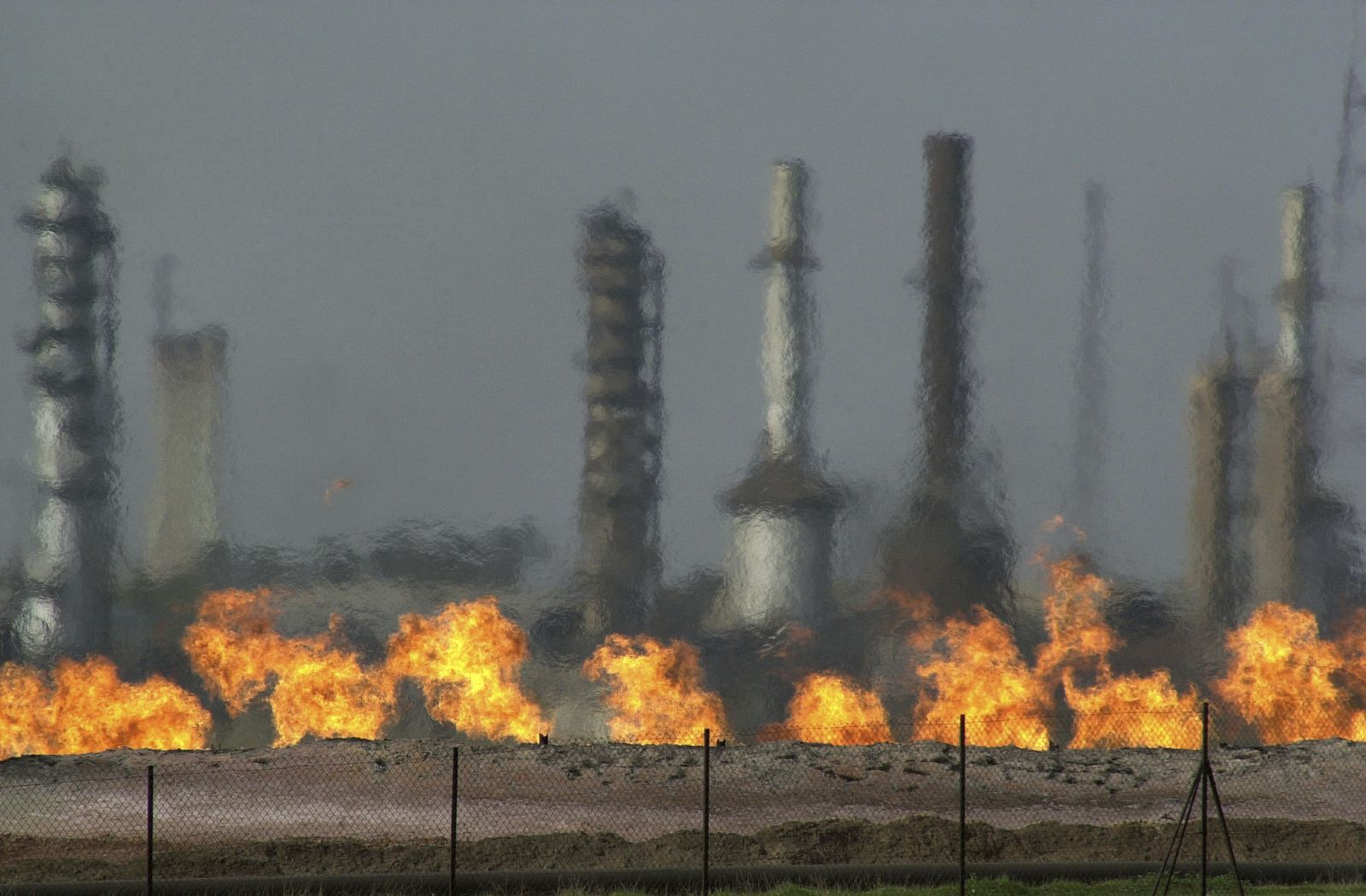Germany
Germany needs more than double speed for climate targets

Germany has emerged from the pandemic with a relatively robust economy. Although the gross domestic product (GDP) collapsed in the first Corona year 2020, the economy recovered as early as 2021. GDP rose by 2.7 % compared to the previous year, and the unemployment rate averaged 5.7 %. The reasons for this, apart from the strong starting position, were massive state support and the labour policy instrument of short-time work.
Since less money than planned was needed to fight the Corona crisis, the new German government wants to allocate € 60 billion of the Corona funding to a transformation and climate fund. In fact, Germany’s climate policy challenges are so enormous that every cent is welcome. After the Federal Constitutional Court overturned the original climate law last year, Germany had to tighten its emissions targets. The new target is to reduce greenhouse gas emissions by 65 % by 2030 compared to 1990. By 2045 at the latest, Germany should have a climate-neutral economy (see article by Hans Dembowski on www.dandc.eu).
At present, however, the country is not on a good path. In the short term, emissions have fallen due to Corona. But from 2021 to 2023 they will probably be too high, as the new Federal Minister for Economic Affairs and Climate Action, Robert Habeck, a member of the Greens Party, predicts in his assessment of Germany’s current climate action status. The measures taken so far are insufficient in all sectors, and the pace of emission reductions must more than double by 2030, according to the programme Habeck presented in January. In order to achieve the new climate goals, the new government wants to, among other things:
- make two percent of the country’s land available for wind power – four times more than before,
- make solar power mandatory on new commercial buildings,
- ramp up the production of green hydrogen,
- create 1 million public charging points for electric vehicles by 2030 and
- speed up procedures for building renewable energy facilities.
The leading business groups are largely in agreement with these plans. They know that Germany is facing an enormous structural change. What they want from policymakers, above all, is framework conditions that enable them to be competitive internationally. These include a reliable infrastructure, low energy and electricity costs and less bureaucracy.
Environmental organisations generally approve of Habeck’s plans, especially the accelerated expansion of renewable energy. But they also argue that Germany’s climate goals still fall short of the 1.5-degree target of the Paris Climate Agreement. Fridays for Future, the climate strike movement, also says the measures do not go far enough.
Implementation of the government’s plans is already meeting with resistance. For example, some federal states have regulations that block the planned expansion of wind power. In many places, residents are protesting against the building of new power lines or wind turbines. Responding to this, Robert Habeck emphasised that this is not just a technical debate, but one with significant social and cultural aspects.
What policymakers and business leaders agree on: The transition to greater sustainability and climate protection holds potential for conflict, but also great opportunities. Germany could develop innovative solutions that are of interest to other countries. This could ensure value creation, jobs and prosperity in the long term. But that is still a long way off.
Link
German Federal Ministry for Economic Affairs and Climate Action: Germany’s current climate action status.
https://www.bmwi.de/Redaktion/EN/Downloads/E/germany-s-current-climate-action-status.html
Jörg Döbereiner is an editor of E+Z Entwicklung und Zusammenarbeit / D+C Development and Cooperation.
euz.editor@dandc.eu











